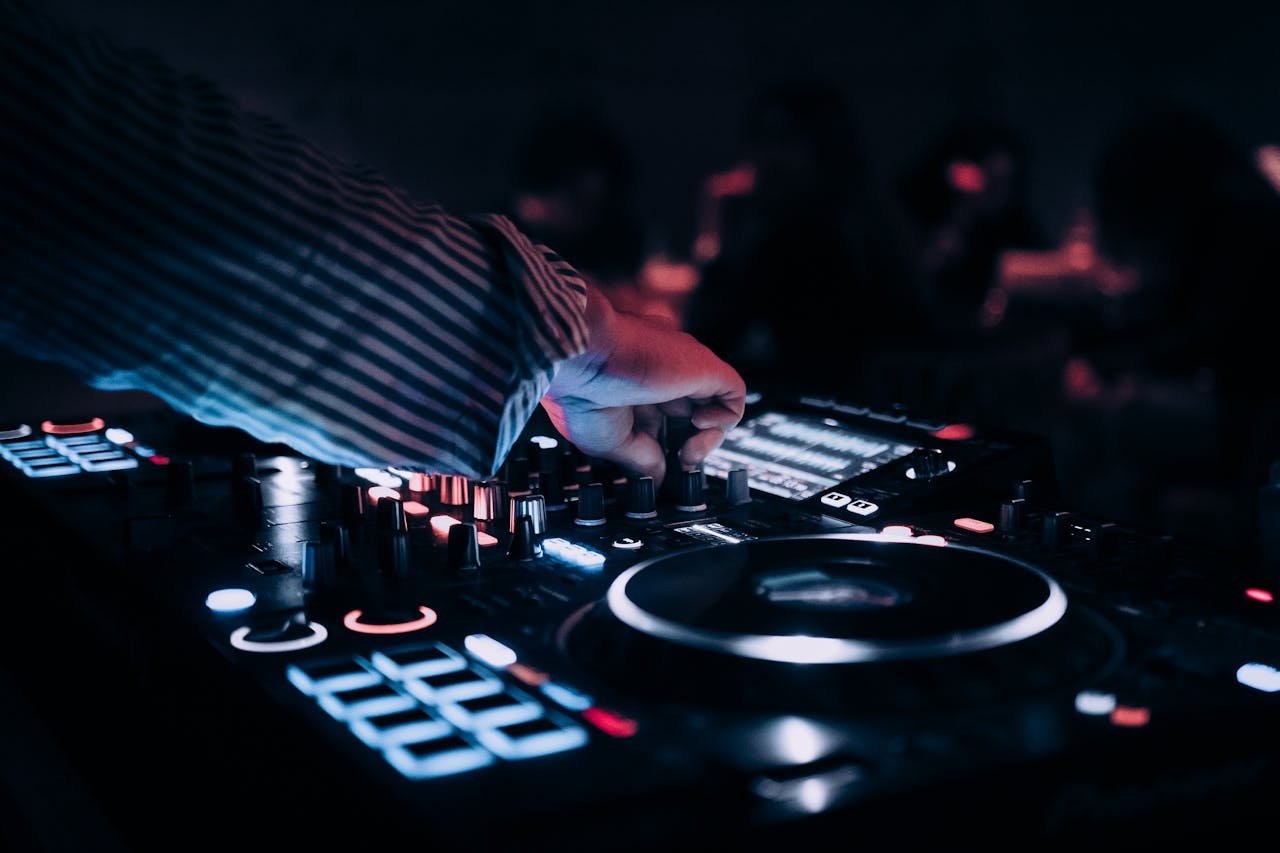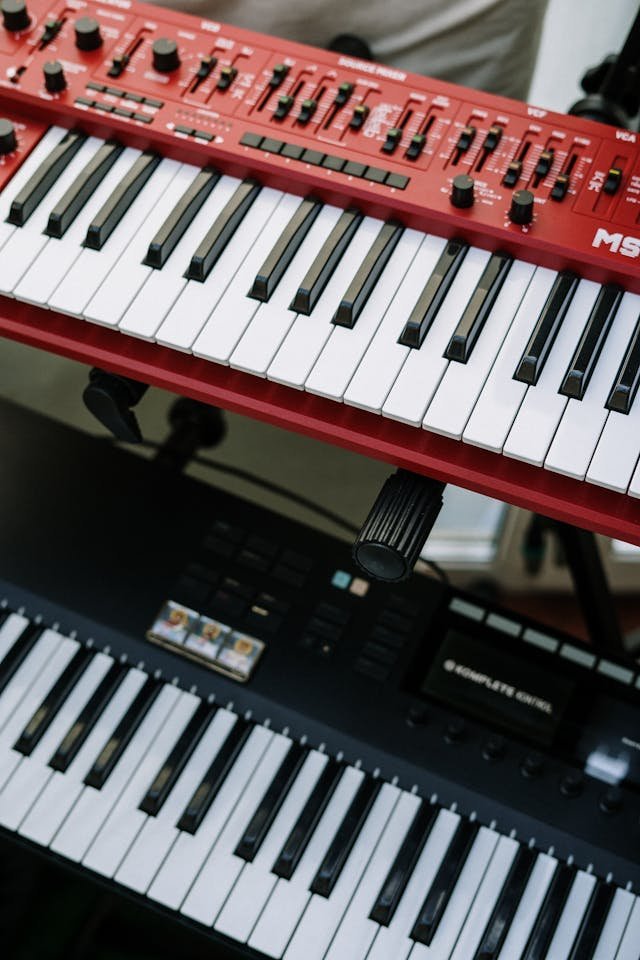The rise of Electronic Dance Music (EDM) wouldn’t have been possible without the influential role of DJs. These artists are more than just music selectors—they are performers, trendsetters, and cultural icons who have shaped the EDM landscape. Let’s explore how DJs have influenced EDM culture and why their impact goes far beyond the music.
The Origins of DJ Culture
The roots of DJ culture can be traced back to the 1970s, with pioneers like Kool Herc and Grandmaster Flash revolutionizing music by mixing records live. In the 1980s, as electronic music evolved with genres like house and techno, DJs began to emerge as central figures in dance music scenes.
In Chicago and Detroit, early DJs like Frankie Knuckles and Juan Atkins became the driving forces behind house and techno, crafting seamless mixes that defined entire genres. The art of DJing wasn’t just about playing music—it was about creating an experience.
DJs as Performers and Artists
Unlike traditional musicians, DJs use turntables, mixers, and digital tools as their instruments. Their performances involve more than pressing play; they craft live sets that react to the energy of the crowd. A skilled DJ can turn an ordinary night into an unforgettable experience.
Key elements of DJ performances include:
- Beatmatching: Synchronizing the tempos of two tracks for a seamless transition.
- Live Remixing: Adding effects, loops, and samples to create unique versions of tracks.
- Reading the Crowd: Understanding the audience’s mood and adapting the setlist to keep the energy high.
DJs like Tiësto, Carl Cox, and Skrillex have elevated live DJing to an art form, with performances that blend technical skill with showmanship.
Trendsetters in EDM
DJs don’t just play music—they shape its direction. By championing new sounds, collaborating with producers, and creating innovative mixes, DJs influence the evolution of EDM. Many iconic tracks owe their popularity to DJs who introduced them to festival crowds or radio audiences.
For example:
- David Guetta brought EDM into the mainstream by collaborating with pop artists like Rihanna and Sia.
- Avicii popularized melodic house with his hit “Levels,” bridging the gap between EDM and pop.
- Diplo and Major Lazer blended EDM with global genres, creating cross-cultural hits.
DJs act as tastemakers, introducing audiences to emerging genres like future bass, tech house, or melodic techno.
DJs as Cultural Icons
Many DJs have become cultural icons, transcending the music industry. Their fashion, lifestyle, and personal brands resonate with fans worldwide. For instance:
- Steve Aoki is known for his high-energy sets and quirky antics, like throwing cakes into the crowd.
- Calvin Harris has become a global celebrity with chart-topping hits and collaborations.
- Martin Garrix, a young prodigy, represents the new generation of EDM artists, inspiring countless aspiring DJs.
Through their social media presence, interviews, and collaborations, DJs have built loyal fanbases and shaped the identity of EDM culture.
The Evolution of DJ Technology
Technological advancements have revolutionized DJing, making it more accessible and dynamic. Early DJs relied on vinyl records and turntables, while today’s artists use advanced tools like:
- Digital Audio Workstations (DAWs): Allow DJs to produce and remix their own tracks.
- Controller and CDJ Systems: Enable precise mixing and live effects.
- Streaming Platforms: Provide instant access to vast music libraries.
Technology has also blurred the lines between DJs and producers, with many artists excelling in both roles. This duality has elevated DJs like Zedd, who produces his own hits and performs them live.
The Social Impact of DJs
Beyond the music, DJs have played a pivotal role in fostering a sense of community within EDM culture. Festivals and clubs become spaces where people from diverse backgrounds unite to celebrate music and freedom of expression.
Additionally, many DJs have used their influence for social good:
- Hardwell and Armin van Buuren have hosted charity events to support global causes.
- Deadmau5 has spoken out about mental health, inspiring fans to seek help and find solace in music.
The Future of DJs in EDM
As EDM continues to evolve, so will the role of DJs. Innovations like virtual reality (VR) performances and AI-assisted mixing are redefining the live music experience. DJs are also exploring hybrid performances that blend live instrumentation with traditional DJing.
In an increasingly digital world, DJs remain the bridge between technology and human connection, ensuring that music continues to inspire and unite.
Conclusion
DJs are the heart and soul of EDM culture, transforming music into unforgettable experiences and shaping the evolution of the genre. From underground clubs to global stages, their creativity and vision have made EDM a cultural force. As DJs continue to innovate and inspire, their impact on the music world will only grow. So the next time you see a DJ on stage, remember—they’re not just playing tracks; they’re creating magic.








